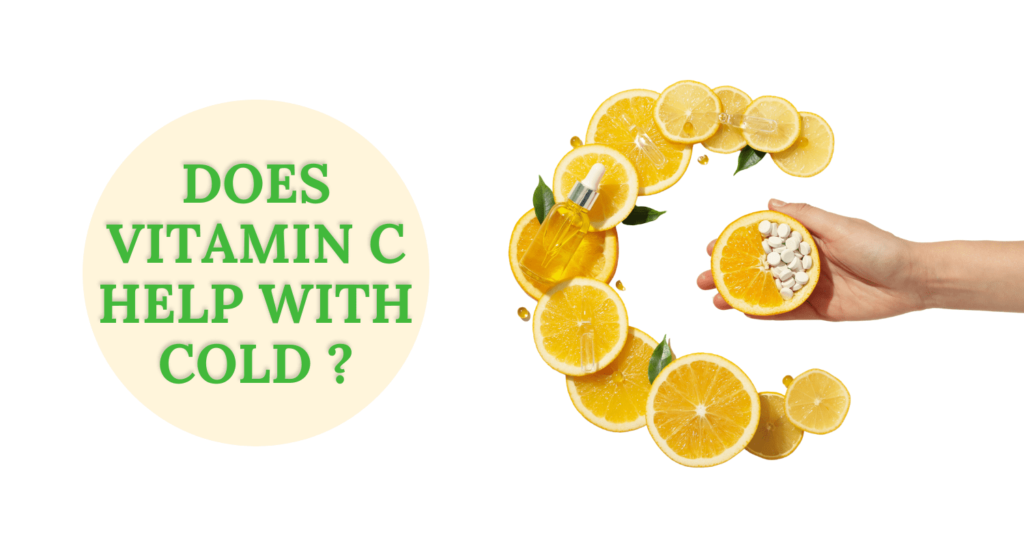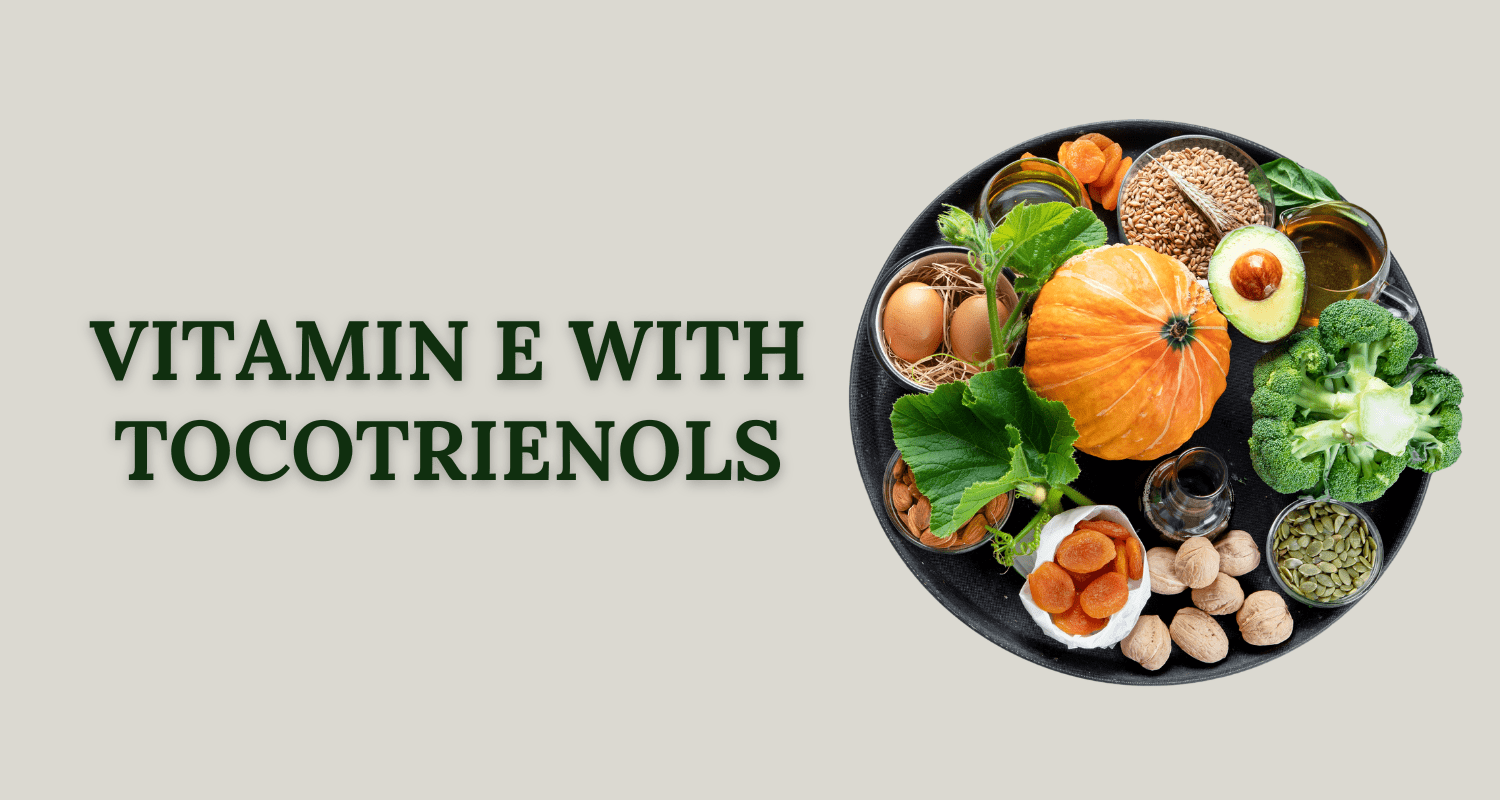Did you know that the common cold is one of the most prevalent illnesses worldwide?
In the United States alone, adults typically have two to three colds per year, while children can have even more.
With the constant search for ways to prevent and combat colds, one popular belief is that vitamin C can be a game-changer. But is there any truth to this claim?
In this article, we will delve into the topic of vitamin C, and understand does vitamin C help with colds with its potential benefits.
We will explore the scientific evidence, its role in overall health, and its food sources.
So, let’s get the facts straight and separate the hype from reality when it comes to vitamin C and the common cold.
Let’s dive into does vitamin C help with colds.
Key Takeaways:
- Does vitamin C help with colds? Vitamin C only slightly shortens the duration of a cold but does not have any effect once symptoms have started.
- Most people get enough vitamin C in their daily diet, and supplements are only recommended for those who cannot meet the daily allowance.
- While Vitamin C for flu season may reduce the duration and severity of cold symptoms, it does not prevent the common cold altogether.
- Incorporating a variety of vitamin C-rich foods into your diet is the best way to ensure sufficient intake.
- Vitamin C plays a vital role in overall health, supporting immune system function and contributing to the maintenance of various body tissues.
Vitamin C and the Common Cold: The Evidence
Vitamin C has been the subject of numerous studies examining its potential benefits in preventing and treating the common cold.
However, the evidence regarding its effectiveness remains conflicting.
But, does vitamin C help with colds.
Multiple studies have indicated that vitamin C supplements do not have a significant impact on preventing the common cold or reducing the frequency of colds.
However, taking vitamin C daily can have a modest effect on shortening the duration of a cold by approximately 8-14%.
Additionally, regular intake of vitamin C can help alleviate cold symptoms and lessen the likelihood of complications, such as pneumonia or other respiratory infections.
While vitamin C is commonly included in various cold remedies and is popular during flu season, its effectiveness in preventing these viral infections is still not firmly established.
It is important to note that focusing on overall immune system support through a balanced diet and healthy lifestyle habits is vital, as relying solely on vitamin C supplementation may not be sufficient.
In conclusion, does vitamin C help with colds, while vitamin C may help slightly reduce the duration of a cold and alleviate symptoms, it does not serve as a preventive measure for the common cold or significantly reduce the frequency of colds.
Instead, individuals should prioritize overall immune system support through a well-rounded diet and lifestyle choices.
Vitamin C and Its Food Sources
Vitamin C is an essential nutrient that can be naturally found in various fruits and vegetables.
While citrus fruits and berries like oranges and strawberries are well-known for their high vitamin C content, it’s important to note that vitamin C is not exclusive to these fruits.
Other excellent sources of vitamin C include bell peppers, broccoli, tomatoes, and kiwi.
To ensure an adequate intake of vitamin C, it is recommended to incorporate a variety of these vitamin C-rich foods into your diet.
By including a diverse range of fruits and vegetables, you can meet your daily vitamin C requirements without the need for supplements.
Most people do not need to take vitamin C supplements if they have a balanced diet that includes sufficient fruit and vegetable consumption.
However, for those who struggle to get enough vitamin C from their diet, supplements can be considered to meet the recommended daily allowance.
By focusing on a well-rounded diet that includes these vitamin C-rich foods, you can support your overall health and immune system.
Remember, vitamin C is just one piece of the puzzle when it comes to maintaining a strong immune system and protecting against colds and other diseases.
The Role of Vitamin C in Overall Health
Vitamin C is an essential nutrient that plays a crucial role in maintaining overall health.
It is involved in various functions throughout the body, including the maintenance of bones, muscles, and blood vessels.
One of the key roles of vitamin C is its contribution to the formation of collagen, a protein that is essential for wound healing and the health of connective tissues.
Collagen provides structural support to the skin, tendons, ligaments, and other body tissues.
In addition to its role in tissue maintenance, vitamin C acts as a powerful antioxidant in the body.
It helps neutralize harmful free radicals, which are unstable molecules that can damage cells and contribute to chronic diseases.
Vitamin C is also known to support immune system function.
While its direct impact on preventing colds is limited, consuming an adequate amount of vitamin C can enhance overall immune system support.
The Benefits of Vitamin C for Colds
- Vitamin C or vitamin C supplements for colds may slightly reduce the duration of a cold by making the symptoms milder.
- It can support the immune system, helping the body fight off infections.
In addition to its immune-boosting properties, vitamin C offers other health benefits.
It aids in the absorption of iron from plant-based foods, contributes to healthy gums and teeth, and supports the functioning of the nervous system.
It is important to note, however, that while vitamin C is an essential nutrient for overall health, it alone cannot prevent or cure the common cold.
To ensure an adequate intake of vitamin C, it is recommended to incorporate foods rich in this nutrient into your diet. Citrus fruits, berries, bell peppers, broccoli, tomatoes, and kiwi are all excellent sources of vitamin C.
By maintaining a balanced diet and including a variety of vitamin C-rich foods, you can support your immune system and promote optimal health.
Conclusion
While vitamin C is often associated with cold prevention and treatment, the evidence surrounding its effectiveness is mixed.
Does vitamin C help with colds?
While it may slightly reduce the duration of a cold and make symptoms milder, it does not prevent the common cold or significantly decrease the number of colds a person gets.
Nevertheless, vitamin C plays a critical role in overall health by supporting immune system function and promoting the growth and repair of body tissues.
Vitamin C immune system support is best obtained through a balanced diet rich in fruits and vegetables, such as citrus fruits, berries, bell peppers, broccoli, tomatoes, and kiwi.
Vitamin C supplements can be considered for those who do not obtain enough through their diet, but it is important to follow the recommended daily allowance and avoid excessive doses.
Remember, a healthy immune system relies on various nutrients and lifestyle factors, so it’s important to prioritize overall wellness for cold prevention and general health.
So, while vitamin C may not be a miracle cure for the common cold, it is still an essential nutrient that supports various aspects of our well-being.
By incorporating a diverse range of vitamin C-rich foods into our diet and adopting healthy habits, we can bolster our immune system and take proactive measures against colds while benefiting our overall health.
FAQs
Does vitamin C help with colds?
Yes, taking vitamin C every day to prevent colds only slightly shortens the duration of illness. It does not have any effect on a cold once symptoms have already started.
What vitamins are good to fight a cold?
Vitamins C and D, along with zinc, are known to support the immune system and may help in fighting a cold.
Does vitamin C actually boost your immune system?
While it doesn’t directly “boost” the immune system, vitamin C rich foods for colds plays a crucial role in supporting immune function.
Does vitamin C or zinc help with colds?
Both vitamin C and zinc have been studied for their potential to reduce the severity and duration of cold symptoms.
Does vitamin C help fight infection?
Yes, vitamin C is involved in various immune system functions and may help in fighting infections, including colds.
Disclaimer: This content, including advice, provides generic information only. It is not a substitute for a qualified medical opinion. Always consult a specialist or your doctor for more information. Nutrition Cult does not claim responsibility for this information.




